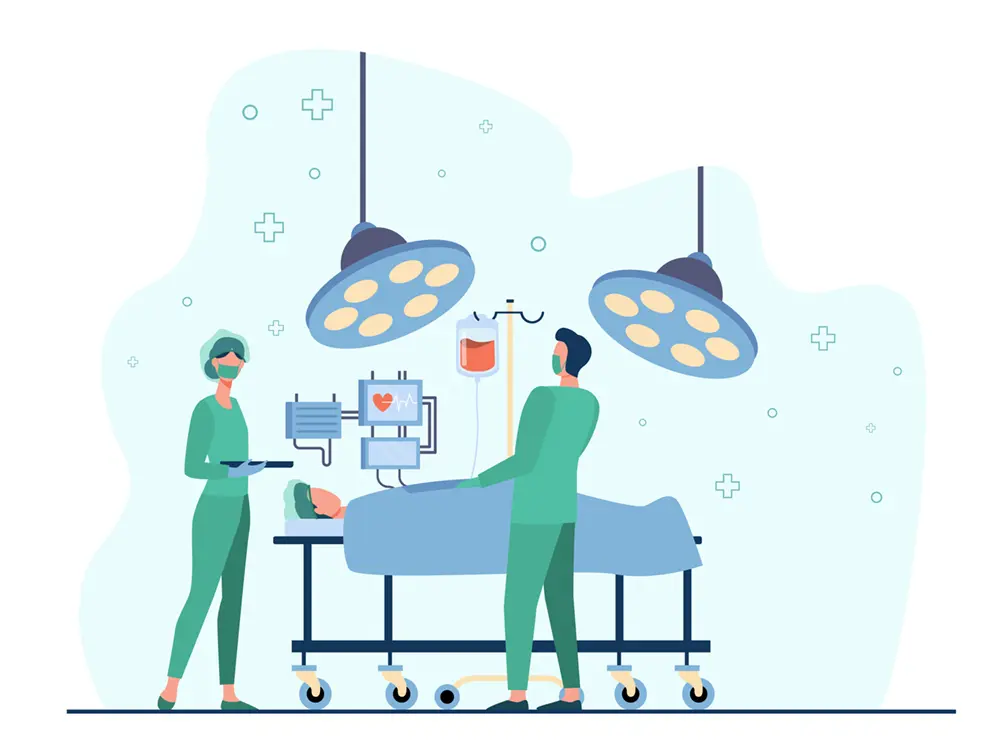General Surgery
General surgery can involve a wide variety of surgical procedures and conditions. General surgery commonly involves diagnosing various surgical conditions, treating surgical issues, and managing surgical conditions. General surgeons are trained medical professionals who are qualified and skilled in various surgical procedures that relate to the abdomen, skin, breast, soft tissue, and endocrine system and areas noted more broadly above. Therefore, these surgeons are essential in providing patients with surgical care for their surgical needs/conditions.

What is the Procedure like?
In general surgery, the most traditional routine procedures include the excision of the appendix (appendectomies), gallbladder removal (cholecystectomies), hernia repair, mastectomies, and biopsies as a means of diagnosis. General surgeons are also involved in the provision of emergency surgical medicine and trauma surgery.
Advancement in Technology for General Surgery
Advancement in technology and surgical technique has led to develop minimally invasive surgery that leads to success, popularity, and effectiveness in general surgery. Minimally invasive surgical procedures involve smaller incisions, less pain, and a better recovery period than traditional open surgery.
What is Role of General Surgeons?
General surgeons may be able to call upon other clinicians and specialists for help with utilizing the best quality of care for their patients including anesthesia specialists, radiologists, and surgical subspecialists. General surgeons will consider the method of pain control and/or anesthetic management from anesthesia specialists when caring for patients.
General surgeons will work with radiologists who will read radiographs, CT scans and MRIs to assist in forming their diagnosis and therefore their treatment plan. General surgeons will work with surgical subspecialists with complex and often multi-faceted cases that require special knowledge and skills. The general surgeon will advocate for their patients in a multidisciplinary team to the best of their abilities while working as a collective team to ensure the greatest care and outcomes for the patient.
.
Treatment Plans
- Haemorrhoidectomy Surgery 2000$
- Mastectomy - Simple Level 2500$
- Mastectomy Radical Level or Modified Radical Mastectomy 2500$
- Inguinal/ femoral hernioplasty-unilateral 3000$
- Incisional hernioplasty 70
- Laparoscopic Hemi-Colectomy 4000$
- Laparoscopic Mesh Hernioplasty 4000$
- Commando Surgery 3000$
- Laparoscopic Sleeve Gastrectomy 5000$
- Laparoscopic Colectomy (Total) 3000$
- Hemorrhoidectomy and Fistulectomy Surgery 3000$
- Fistulectomy and Fissure Dilation 2500$
- High end Fistulectomy 2000$
- Low end fistulectomy 2500$
- Appendectomy Laparoscopic Surgery 3000$
- Appendectomy Open Surgery 2800$
- Cholecystectomy Open Surgery 3500$
- Cholecystectomy Laparoscopic Surgery 3500$









